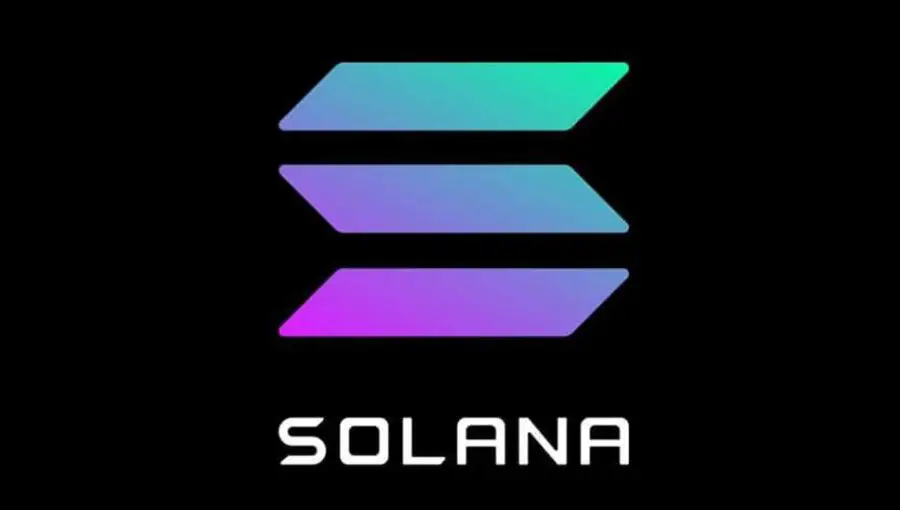Bitcoin’s remarkable price surge in 2023, doubling in value, was largely attributed to renewed interest in spot Bitcoin Exchange-Traded Funds (ETFs). BlackRock’s unexpected filing in June with the U.S. Securities and Exchange Commission (SEC) fueled attention, making Bitcoin one of the year’s best performers with over 100% gains.
With the anticipation of a Bitcoin ETF approval this week, the market is bracing for potential impact. However, the looming question is whether the SEC will approve one or several of the numerous open spot Bitcoin ETF applications, with the possibility of a denial still on the table. The outcome could shape the future of the cryptocurrency market.
Market watchers are now considering the concept of “selling the news” as Bitcoin’s fortune unfolds. Despite the potential maturity signal a Bitcoin ETF could send to the crypto industry, concerns from antagonistic politicians like Sen. Elizabeth Warren and skeptical regulators like SEC Chair Gary Gensler have surfaced. Better Markets, an organization linked to both, expressed concerns in a last-minute open letter, stating that a Bitcoin ETF could legitimize an industry perceived as rife with fraud.
The SEC’s historical concerns over crypto ETFs, particularly related to market manipulation, have been a longstanding hurdle. The decentralized nature of Bitcoin presents unique challenges, as its value is often calculated by averaging prices across trusted exchanges, leaving room for potential manipulation.
While market manipulation may not be a significant concern for most crypto traders, the entry of institutional investors and “The Quants” could introduce new challenges. BlackRock proposed a “surveillance-sharing agreement” through crypto exchanges to address SEC concerns, but doubts persist about its effectiveness.
Beyond surveillance, there’s a broader question of who truly benefits from Bitcoin ETFs. These funds often raise the cost of underlying assets, potentially impacting the usability of Bitcoin in the long term. The clash between the original vision of a decentralized system and the potential mainstream adoption through ETFs raises concerns about the cultural ethos of Bitcoin.
The possible success of a Bitcoin ETF prompts contemplation about the clash between the haves and have-nots, potentially undermining the original vision of a peer-to-peer system standing outside the traditional financial system. As the crypto market awaits regulatory decisions, the tradeoffs and implications for Bitcoin’s journey to mainstream adoption remain uncertain.











